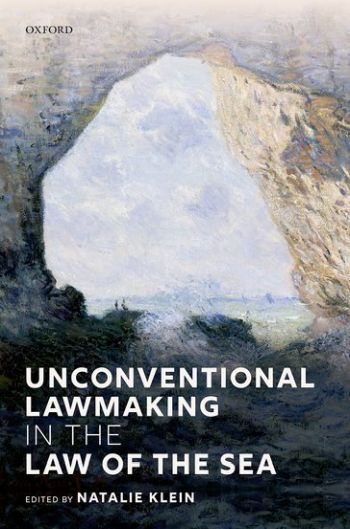
Unconventional Lawmaking in the Law of the Sea explores the ways that actors operating at the international level develop standards of behaviour to regulate varied maritime activities beyond traditional lawmaking. Other than conventions and customary international law, there is a plethora of international agreements that influence international conduct. This 'soft law' or 'informal law' is now prolific in ocean governance, and so it is time to consider its significance for the law of the sea.
This monograph brings together woman law-of-the-sea scholars with expertise in specific areas of the law of the sea, as well as international law more generally. Informal lawmaking is examined in relation to ocean resources, maritime security, shipping and navigation, and the marine environment. In each instance, there are reflections on the diverse actors, processes, and outputs shaping the regulation of the oceans. The analyses in this book further consider what this activity means within the rules on the sources, formation, and interpretation of international law.
The growing reliance on informal agreements to fill legal gaps provides quick responses to pressing matters. We must assess and understand these new forms of cooperation in order to influence existing treaties or customary international law. Unconventional Lawmaking in the Law of the Sea surveys the scope of informal lawmaking in the law of the sea and evaluates the significance of this activity for the UN Convention on the Law of the Sea, as well as for ocean governance more broadly, now and in the future.